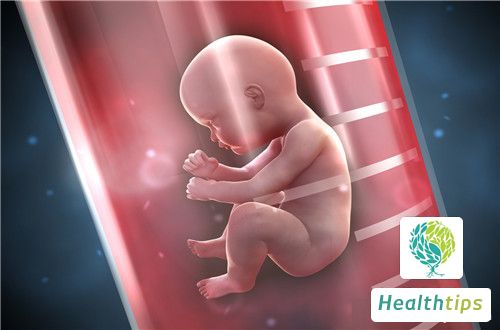Generally, the success rate of IVF embryo transfer after uterine cavity perfusion is about 40%. Uterine cavity perfusion is also aimed at effectively improving and treating uterine cavity inflammation. In the case of thin endometrium, a certain amount of medication is injected into the uterine cavity, which is conducive to treating uterine cavity inflammation and diseases, helping the endometrium grow, and reducing the occurrence of phenomena such as threatened abortion or rejection after embryo implantation.

1. It is not suitable for women to get pregnant immediately after uterine cavity perfusion. They should try to rest for 2 to 3 months before considering pregnancy. This is conducive to the recovery of the intrauterine environment. A good intrauterine environment helps to improve the success rate of IVF embryo transfer. Of course, the success of embryo transfer is not only related to the endometrial environment, but also related to the quality of the embryo itself and some psychological factors and mental states of both men and women.
2. Nowadays, IVF is a common method of artificial insemination. For many infertile couples, IVF has brought them hope for having babies. However, the success rate of IVF is not absolute and can be affected by various factors. The quality of sperm and eggs is the first.
3. Especially when there is some inflammation in the uterine cavity, it is not suitable to immediately perform embryo transfer. It is necessary to consider IVF after treating these inflammatory and disease problems.

